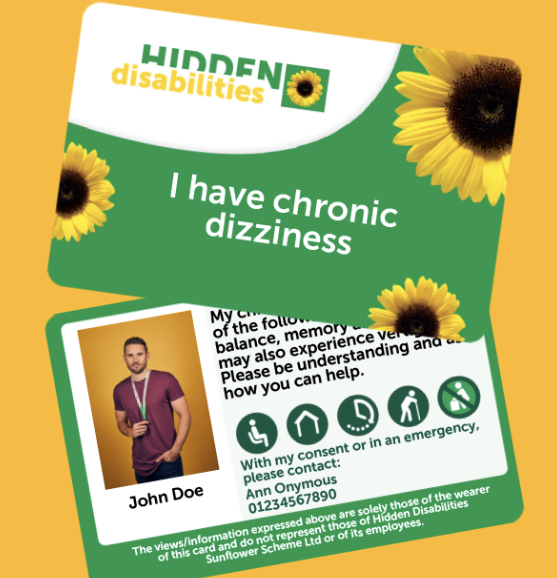Vestibular Rehabilitation
What is vestibular rehabilitation?
Vestibular rehabilitation (VR) consists of exercises to treat dizziness and balance problems. It is a very well established and accepted intervention for people suffering with balance and vestibular (inner ear) disorders.Who performs vestibular rehabilitation?
Physiotherapists as well as some occupational therapists and audiologists perform vestibular rehabilitation. They are ideally suited based on their training in restoring function, balance, and strength through exercise. It is very important that the person administering the rehabilitation programme has experience and an interest in treating people with vestibular disorders for optimal results. Usually physiotherapists undergo postgraduate training in VR and join our professional network (ACPIVR).How can I access vestibular rehabilitation?
Not all physiotherapy departments offer VR, and this will depend on your location. Most vestibular physiotherapists accept referrals from a primary care doctor (GP), ENT (Ear, Nose and Throat) doctor, or neurologist. Some may also accept self-referrals. You can talk to your GP about what services exist in your area and check our map of providers here. When people are referred by their GP, the treating therapist may use their professional judgement as to whether additional testing or a referral to another specialist team is needed. A specialised centre usually consists of a combination of ENT, neurology, audiology and physiotherapists. An audiologist will often perform special hearing and balance tests of the inner ear. The doctor and/or therapist will obtain a full history and interpret the tests. A referral to a psychologist and/or psychiatrist may be needed if you have additional anxiety or depression associated with your condition.Who can benefit from vestibular rehabilitation?
People with inner ear (vestibular) and central (brain) disorders can be helped with VR. Many people experience very real symptoms of dizziness and balance disturbance due to a problem with the function (or dynamics) of the balance system, and not due to a structural vestibular or neurological disease. These symptoms have many different names but are often described as ‘functional disorders’. Symptoms like these can also improve with VR.
Condition Information Leaflets If you are having difficulty accessing the patient information leaflets or require the information in a different format or language please contact research@acpivr.com
- Dizziness in Multiple Sclerosis
- Vestibulopathy
- Vestibular Migraine
- Persistent PosturalPerceptual Dizziness (PPPD)
- Menieres Disease
- Medicines_and_Dizziness
- Head Trauma
- Driving and Dizziness
- Benign Paroxysmal Positional Vertigo (BPPV)
- Vestibular Schwannoma
- The Effect of Age on Balance and Dizziness
- Healthy Sleep Habits
- Sleep Diary
- Dizziness & Balance - How to start your recovery
- Dizziness & balance - How to start your recovery (A5 leaflet version)
